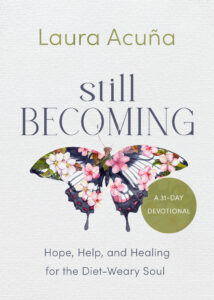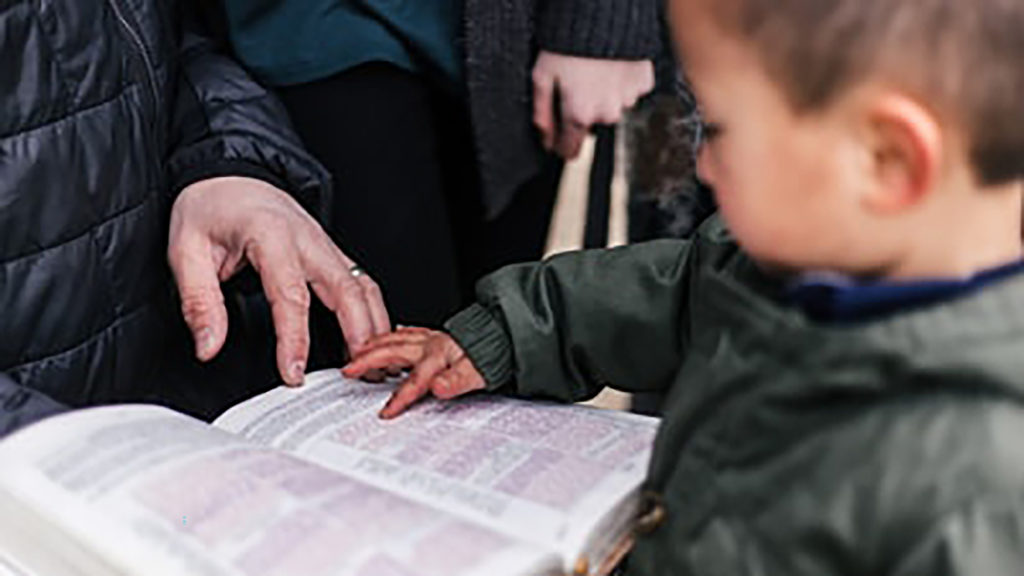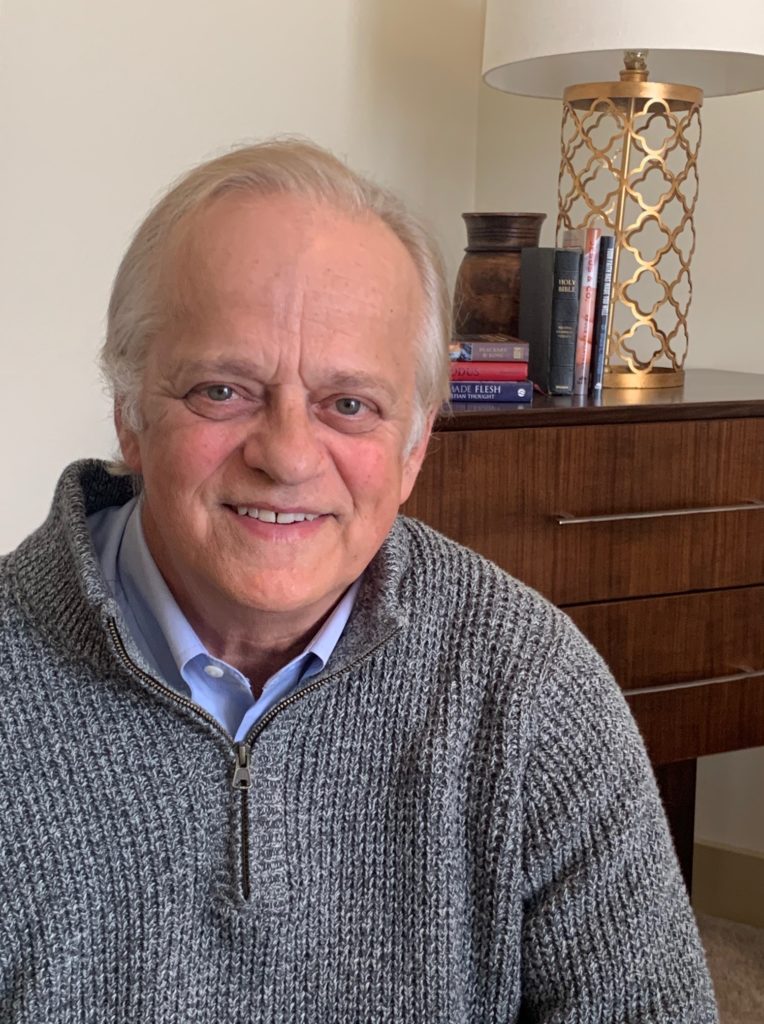“Still Becoming: Hope, Help and Healing for the Diet-Weary Soul,” a newly released devotional by author, speaker, and podcast host Laura Acuña, is not about losing weight. It’s about getting underneath to the ‘why’ some of us turn to food for comfort and control.
Instead, it is about losing the shame that accompanies being overweight. It is for those who want to replace dieting with true freedom, healing and peace.
“We want a quick fix, and we keep going back to dieting over and over again, thinking that the diet works, but we don’t. [We feel that] we have to find the right diet for us — the elusive, perfect combination of food or calories or whatever,” Acuña explained.
“It doesn’t work. It just doesn’t work,” she continued. “There’s a small percentage that go on a diet and keep it off. … I’m not a doctor, but I’d have to say those women probably don’t have a chronic issue with food. But for those of us that struggle, it doesn’t work long term.”

Starting young
Acuña’s weight loss battle started at 11 years old. During her middle school years, she gained over 100 pounds. But the number on the scale wasn’t her biggest issue. Her biggest issue was how people responded.
When she was 12, she overheard her mother’s friend talk about how pretty she used to be and how her weight gain was a shame. Acuña internalized this, feeling that she was a shame.
She lived for decades feeling like a failure because she inevitably regained weight when she stopped dieting. After her mother suddenly died and her lifelong best friend died three months later, she couldn’t suppress her feelings any longer.
“That personally set me on a journey where I could not stuff my emotions any more. It was too much. I couldn’t do it. I had been doing it so well, for so long … so unhealthily,” she remembered.
“So, I went for help.”
Acuña searched until she found a therapist who focused on healing trauma and grief before tackling her disordered eating.
Early in therapy, she was introduced to the idea that her adolescent self turned to food whenever she felt overwhelming emotions. Her therapist insisted this was the only coping mechanism she had, and it was a reasonable response at that time.
At first, she didn’t believe this and still felt the blame.
“It got to the point where I was like, ‘I get it now. Yes, I’m gonna give that little girl grace because she didn’t have any other choice. She did what she had to do,’” Acuña recalled.
Processing
Acuña started learning how to process her emotions in a healthy way.
“Once all these feelings start bubbling up, and you’ve [used] other things to numb [your emotions] — like food, alcohol, shopping, keeping busy, never sitting still, whatever it is — those feelings are going to come bubbling out, and it is uncomfortable. It’s terrible at first,” she confessed.
“We believe that whatever is broken inside us can be changed by changing our outward appearance. We think that whatever’s broken, if we just change the outside of us to match what we wish we felt like, that’s the answer. That isn’t the answer. The answer is dealing with what’s going on inside,” Acuña revealed.
Eventually, Acuña developed the self-awareness to recognize that when her emotions grew overwhelming, food wouldn’t help. She became very excited when she first recognized this shift.
She related, “I walked towards the kitchen and thought, ‘No, I’ve got a tool. I’ve got something else I could do.’”
In the past, during a blizzard or other times she was housebound, she busied herself in the kitchen making and eating comfort foods. After becoming free, even the COVID-19 lockdown didn’t change the new, healthy way she dealt with her emotions.
“I realized that I didn’t turn to food one single time. I couldn’t even believe it myself, but I didn’t. I had plenty of reasons to be sad, upset and anxious. That’s when I knew that I was healed from it,” she said.
Motivated by faith
Her faith was another component to that healing.
Alongside what she’s learned in therapy, she relies on Proverbs 4:23, “Be very careful what you think. Your thoughts run your life.”
During this journey, Acuña has also been studying Jesus’ interaction with women.
“He never shamed a single woman in Scripture. Never … Never … He made a real point of showing people how to treat His daughters. That really elevated me. I knew those stories, but I didn’t really understand how [countercultural] He was and how much He values us as women,” she encouraged.
“For Christians, it’s aligning our thinking with God’s Word about life and who we are as His creation. Again, aligning our thinking with what Jesus thinks of women — meaning us, meaning you, meaning me,” Acuña added.
“I want to take care of my body. But I don’t have to alter what I look like to be worthy to anybody. I want to be worthy to God.”
“Still Becoming: Hope, Help and Healing for the Diet-Weary Soul” is available at Amazon and other online bookstores. To find out more about Acuña, go to Laura-Acuna.com. Go to stillbecoming.podbean.com/ to listen to the Still Becoming podcast.






Share with others: